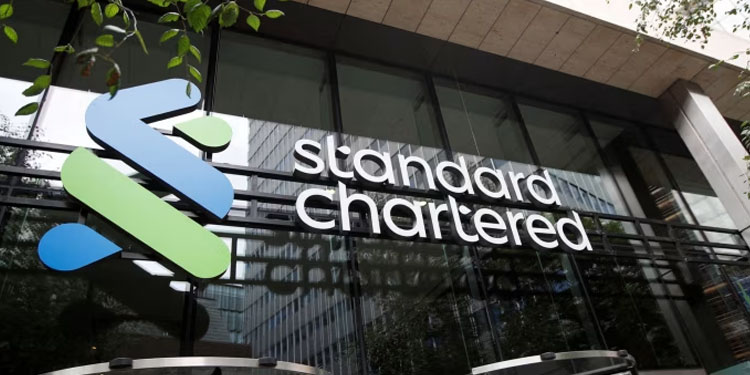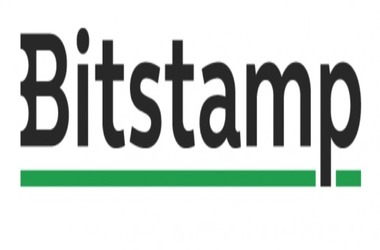 Standard Chartered is the next financial institution that jumped into blockchain bandwagon by successfully completing trade financing transaction using the disruptive technology.
Standard Chartered is the next financial institution that jumped into blockchain bandwagon by successfully completing trade financing transaction using the disruptive technology.
Business Times reports indicated that the Singapore division of Standard Chartered bank has finished its first cross-border trade finance deal using blockchain framework from Distributed Ledger Technologies.
The transaction involved the creation of digital trade documents by Standard Chartered for Agrocorp International, a trader of agricultural commodities, to transport chickpeas from an Australian exporter to a Bangladesh-based customer BSM Global, the news announcement said.
The data the transacting parties could see on the platform are information on farming methods and the origins of commodities. Standard Chartered produced digital trade records for Agrocorp using the blockchain platform to obtain a chickpea consignment from its exporter.
Standard Charted employs the blockchain to facilitate the parties with relevant trading documents in digital format, which will assist their trade finance deal. The bank has now has intention to employ the solution to more enterprise clients in Singapore and around the world.
In a statement, Ujjwal Jain, Standard Chartered head of trade for Singapore transaction banking business, said the technology ‘enables the bank to support our clients’ entire supply chain and provide seamless trade financing within a day.
Elaborating further, Jain said “This helps free up cash flow and working capital, which our clients and their supply chain can reinvest into their business.”
In October, Standard Chartered entered into a partnership with HSBC and many more banks to unveil blockchain-based trade finance solution, named eTrade Connect The intention is to minimize the average processing and sanctioning time for commercial finance to merely four hours from the prior one-and-a-half days.
According to Reuters, the value of trade finance transactions amounted to over $9 trillion in 2017, much of which is carried out through manual processes involving a pile of paper works. Banks employing blockchain to speed up this procedure also point out that technology can also improve global trade’s safety and transparency.








